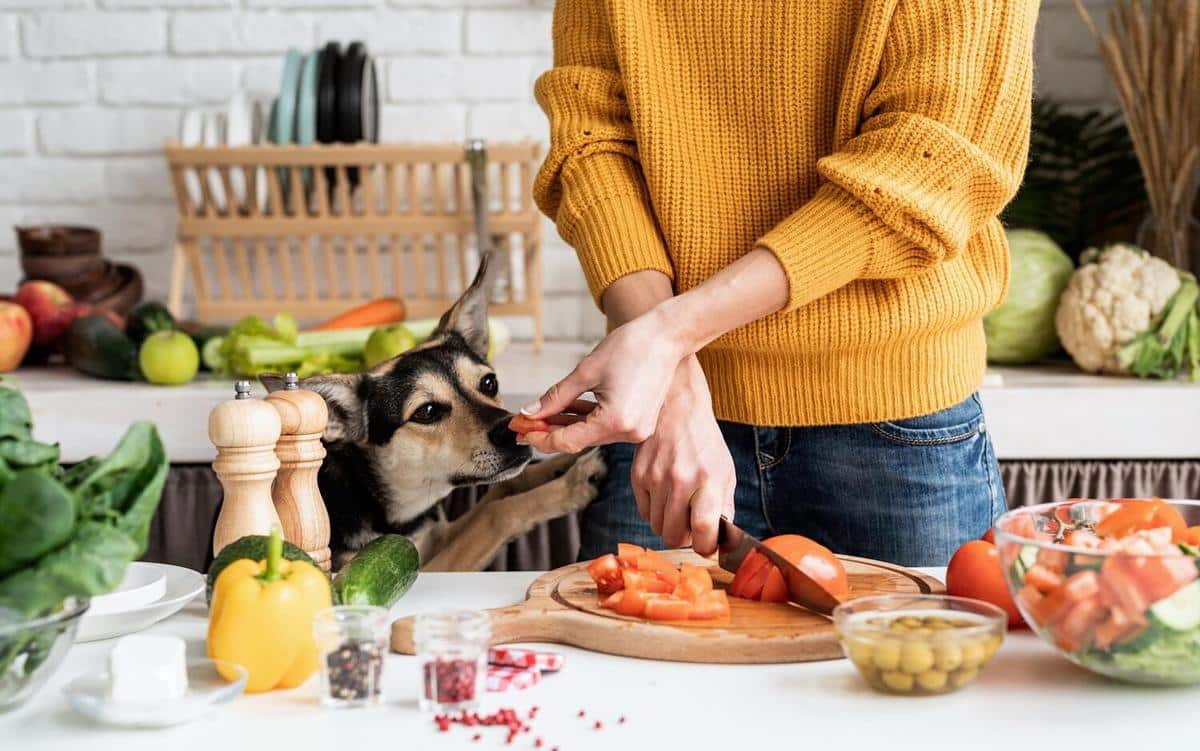
Making Homemade Dog Food: A Beginner’s Guide
Making homemade dog food can be a rewarding and health-enhancing experience for both you and your furry friend. This guide will explore the essentials of crafting nutritious meals at home, ensuring your pet’s diet is both balanced and delicious.
As pet owners become increasingly concerned about the quality of commercial pet foods, many are turning to homemade options to ensure their dogs receive the nutrition they need. Crafting your own dog food allows you to control the ingredients and tailor meals to your pet’s specific dietary requirements.
Benefits of Homemade Dog Food
One of the main advantages of homemade dog food is the ability to customize it to your dog’s needs. According to Dr. Jennifer Coates, a renowned veterinarian, “Homemade diets can be beneficial for dogs with specific health issues, such as allergies or digestive problems.” By preparing meals at home, you can avoid allergens and include ingredients that promote better health.
Essential Nutrients for Dogs
Dogs require a balanced diet that includes proteins, carbohydrates, fats, vitamins, and minerals. A study by the American Society for the Prevention of Cruelty to Animals (ASPCA) emphasizes the importance of these nutrients in maintaining a dog’s health. Protein sources like chicken, turkey, or beef should make up a substantial portion of your dog’s diet, while grains and vegetables provide necessary carbs and fiber.
Sample Recipe and Ingredients
| Ingredient | Quantity |
|---|---|
| Chicken breast | 2 cups |
| Brown rice | 1 cup |
| Carrots | 1 cup |
| Peas | 1/2 cup |
| Spinach | 1 cup |
| Olive oil | 1 tablespoon |
| Fish oil | 1 teaspoon |
| Calcium supplement | as directed |
Cook the chicken thoroughly and chop it into small pieces. Cook the rice according to package instructions, and steam the vegetables until tender. Combine all ingredients in a large bowl, add the olive and fish oils, and mix well. Cool before serving to your dog.
Common Mistakes to Avoid
- Not consulting with a veterinarian before switching to homemade meals.
- Failing to provide a balanced diet that meets all nutritional needs.
- Using ingredients that are toxic to dogs, such as onions or chocolate.
Frequently Asked Questions
Can all dogs eat homemade food?
Most dogs can benefit from homemade meals, but it’s important to consult with a veterinarian to ensure the diet is suitable for your pet’s specific needs.
How can I ensure my dog’s diet is balanced?
Working with a vet or a pet nutritionist can help you formulate a balanced diet plan. There are also resources available, such as nutritional guidelines from veterinary associations.
Is it more expensive to make dog food at home?
While some ingredients may cost more upfront, many owners find that homemade food can be more cost-effective in the long term, especially when considering the health benefits.
Conclusion
Making homemade dog food can be a fulfilling way to ensure your pet receives high-quality nutrition. By understanding the essential components of a balanced diet and preparing meals with care, you can contribute to your dog’s health and happiness. Remember to consult with a professional to tailor the diet to your dog’s specific needs, and enjoy the process of creating meals that nourish and delight.


